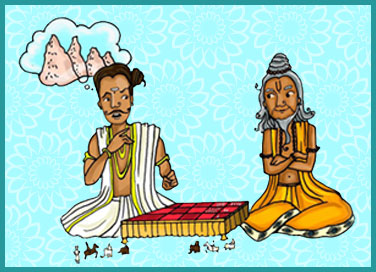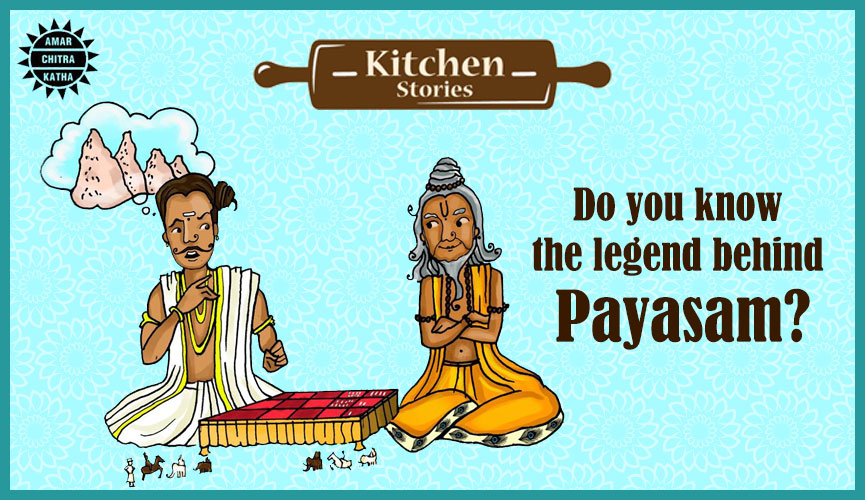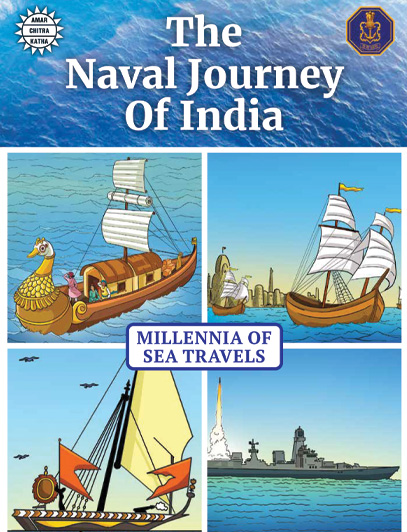The Legend Behind Payasam
- August 14, 2020


The Legend Behind Payasam
- August 14, 2020

Payasam, kheer, phirni, payasa; call it by any name, it tastes equally delicious. Prepared from just three basic ingredients i.e. milk, sugar, and rice, payasam is a type of rice pudding which is relished as a sweet dish in India. It is also offered to the presiding deity in many temples, especially in the temple of Krishna. Here’s why.
Krishna, in the form of an old sage, challenged the king of Ambalapuzha (in modern-day Kerala) to a game of chess. The prize, if he won, would be one grain of rice on the first square of the chessboard, two on the second, four on the third and so on, doubling the amount on the previous square. The king brashly agreed.
Krishna, of course, won the game. The king started placing the rice grains and was shocked to see their number grow exponentially. By the end, he owed Krishna trillions of tons of rice!
To receive more such stories in your Inbox & WhatsApp, Please share your Email and Mobile number.
Amused at the king’s confusion, Krishna revealed himself and said,
You don’t have to give it all today. Just provide payasam to every pilgrim who comes to my temple here, in search of comfort.”
Krishna’s wish is honoured even today and payasam is served freely to all who visit the Ambalapuzha Krishna temple in Kerala’s Alapuzha district.
To receive more such stories in your Inbox & WhatsApp, Please share your Email and Mobile number.

Comic of The Month
The Naval Journey of India Book I
This book is the first of a three-book series that takes a deep and detailed look at India's Naval History and a deep insight into the lives of our men and women in white. But any series on the Indian Navy has to start at the very beginning - exploring India's celebrated maritime history. Join our little hero, Bharat, and his grandfather, Commodore Sagar, as they sail into the deep blue waters of time. Book I of The Naval Journey of India takes a sweeping look at India's maritime endeavours, how the seas impacted us over millennia and how the oceans made us who we are.